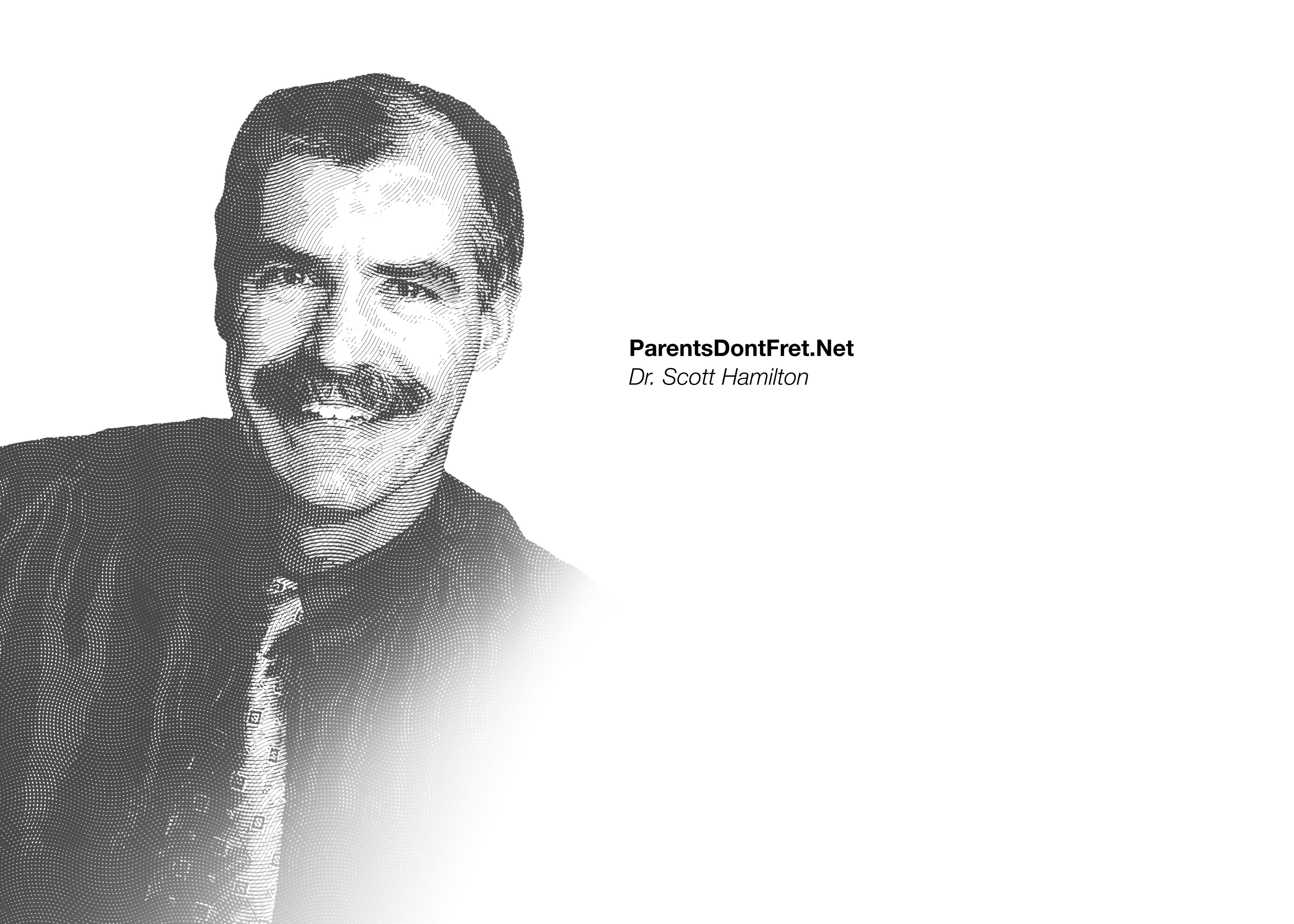
Website to merge into Ochsner.org on August 8!
ochsner.org
ochsner.org

This week’s guest columnist is Dr. Charles Halliburton, a Family Practice resident at the University Hospital and Clinics here in Lafayette.
My dad enjoys telling about the time he ate my vomit. Stay with me! When I was a few months old I loved being tossed up in the air. One unlucky day while playing our favorite game, I was mid-air over dad when my latest feed flowed out and into his laughing mouth. He still caught me, or so he claims.
While perhaps not suffering this same fate, many parents have spitty babies. When they spit up a lot, it’s called Gastro-Esophageal Reflux, or GER. When tots have complications of GER, like problems gaining weight or throat irritation, that’s called Gastro-Esophageal Reflux Disease, or GERD.
GER is no big deal, medically. It’s normal behavior in babies because, first, newborns’ stomachs are tiny. At 2 days old, it’s the size of a cherry; at one month, that of an egg. Not until one year of age is it as big as a small grapefruit. Second, the muscle that seals the top of the stomach, the Lower Esophageal Sphincter (LES), is still weak. Like it takes months for babies to be able to sit unsupported, the LES needs time to develop too. Thirdly, well-meaning parents fill their newborn’s tummy with 3 to 4 ounces of milk at a time, so it’s no wonder that what doesn’t fit comes back up.
When is GER a problem, or GERD? Fortunately, the vast majority of reflux babies are just spitty kids who still gain weight, mature normally, and soak lots of bibs. It’s GERD when babies don’t hold down enough milk to grow. These babies need to be on high calorie formulas or other regimens to put on weight. Some get irritation in their throat, nose, or airways from stomach-acid irritation. Those tots can have chronic congestion, coughing, fussiness, and sometimes wheeze like asthmatics.
It’s great that babies who spit up do fine, but are parents expected to just suck it up while their child’s LES gets into shape? And what about vomiting? When is spitting up not just spitting up, but true vomiting?
James Herriot, the best-selling British veterinarian, writes of mis-diagnosing a vomiting puppy. It first grew normally, but then began spitting up and losing weight. He tried everything- antacids, de-worming, small frequent meals, and still puppy wasted away. Then one day while examining the dog yet again, it vomited clear across the room. “Does he always do it like that?” Herriot asked. “Aye, he mostly does, sends it flying out, like.” replied the owner. Herriot realized his mistake, not asking the details which supplied the diagnosis: Pyloric Stenosis.
The occasional baby gets Pyloric Stenosis too, and this story illustrates the difference between vomiting and simple spitting up, or Gastro Esophageal Reflux (GER) that we discussed above. The American Academy of Pediatrics defines reflux as “the effortless passage of gastric contents,” while vomiting is “the forceful expulsion of gastric contents.”
As mentioned above, rarely does GER affect growth (called GER Disease (GERD) when it does). But vomiting in babies is more serious. Babies can get dehydrated, or have surgical emergencies, with vomiting. Most babies who vomit have a simple stomach virus and get better. The occasional baby has Pyloric Stenosis, wherein the muscle at the bottom of the stomach (the Pyloric Sphincter) grows much faster than the rest of baby, gradually cutting off the stomach outlet. These babies begin to vomit more, and more forcefully, until they vomit like the dog in the story, called “projectile vomiting.” These babies (and puppies) need a simple surgery to fix the sphincter.
There’s other surgical problems heralded by vomiting. If baby vomits dark green, or vomits with a swollen abdomen, those are signs of a potential intestinal blockage needing emergency surgery. Also, babies who vomit and have bloody poops need to be seen immediately.
But if your baby’s simply urping milk, smiling away, then relax. There’s things to make that better. Breastfeeding results in less reflux than bottle feeding, giving baby the right amount of milk to grow, be healthy, and spit up less. Feeding baby less formula but more often, thickening formula with rice cereal, and holding baby upright for 30 minutes after feeding may help too. But no worries! If your baby is fat and happy, leaky’s okay!